
Satvinder Mayall is an Adjunct Professor in the UConn Operations and Information Management (OPIM) Department. Mayall has an extensive background in information technology throughout his career, holding senior management positions involving business and technology. He holds a Bachelor of Science (BS) and a Masters of Science (MS) in Electrical Engineering, along with a Masters of Business Administration (MBA).
Mayall has experience in a variety of industries, including – automotive, high tech, aerospace and defense, consumer, consulting, healthcare and education. Holding the position of Vice President of Information Technology (IT), Mayall worked with the design and implementation of information systems in nearly all functional areas of a company. He said that the projects he was involved with ranged in magnitude. He has experience managing multi-million dollar projects involving hundreds of people, he said.
His career in teaching began over 15 years ago when he covered a class for a friend for two weeks. In those two weeks, Mayall said he realized his enjoyment for teaching because he felt he had something to offer students and the students seemed to enjoy his teaching. The following semester, Mayall’s career as an Adjunct Professor began.
Mayall has been teaching at UConn for eight years now. Currently, he teaches two sections of the introductory course, OPIM 3103 (Business Information Systems), and BADM 3760 (Business Information Systems) over the summer for students outside of the Business School. He loves teaching because he said it very rewarding, and on top of all of that, he said it is fun!
“I am continuously learning from my students, which happens every semester. My thanks goes to all of those students who have helped me,” Mayall said.
For Mayall, the most rewarding part of teaching is that instead of thinking of it as teaching students, he thinks of it as training of future executives. He said a major lesson in his class involves discussing the importance of goal setting and measuring.
“I keep reminding my class: think like a manager, executive, or CEO, and how information technology can help achieve goals,” Mayall said.
Information systems is so important because it helps managers make good decisions based on good data, he said. Mayall said he always emphasizes the quality of data in his courses because it is critical to the success of the company. He said that his course discusses how the quality of data can be improved through good design.
“My goal is to make students understand the effective use of information technology to help make better decisions as managers and executives,” Mayall said.
Teaching the introductory course means that Mayall teaches students throughout the School of Business, not just OPIM students. He said that during his first lecture, he tells students of his journey in information technology, encouraging students who are interested in the field to pursue a career in it.
Mayall said he makes it a point to discuss the many future challenges in the field and though these challenges will be bigger, he tells students that they will be far more rewarding. Mayall encourages any students interested in entering the field to pay him a visit to discuss your future goals.
In his spare time, Mayall enjoys volunteering, mentoring and spending time with his grandchildren. He is the Treasurer at the Historical Society in his town. In addition to information technology, Mayall said he is interested in innovation technology, particularly related terrestrial and outer space research. Bringing his new research to the classroom to discuss and challenge is application to society is one of his biggest joys in teaching, he said.
As for his advice to his students, Mayall said to always keep learning.
“Never stop learning. Learning is a lifelong, never ending journey no matter what career path you choose,” Mayall said.
Finally, he wanted to leave students with one last word as they begin their careers in the field.
“I envy young students of today, who will participate, develop, and enjoy the fruits and pains of new technologies in all fields. Now go make it a better world,” Mayall said.
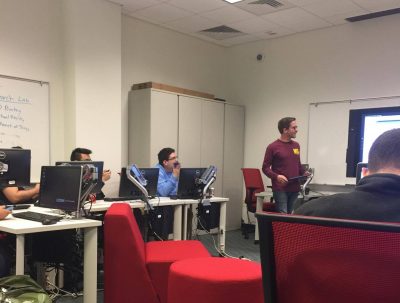

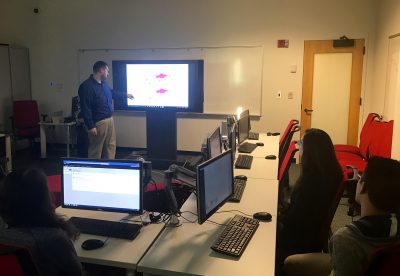
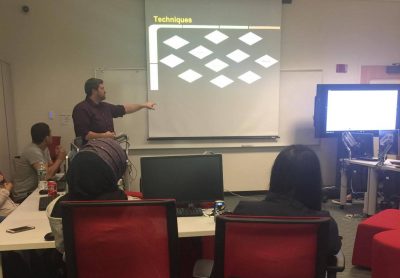
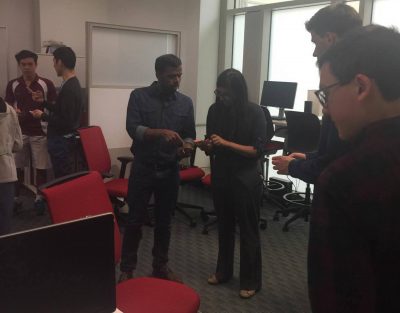
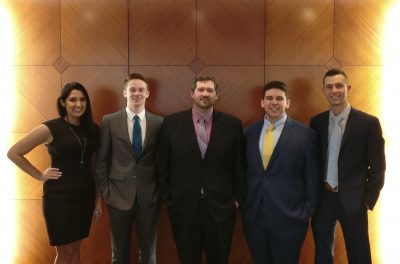
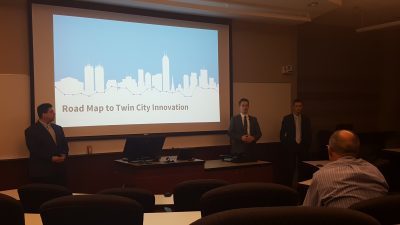
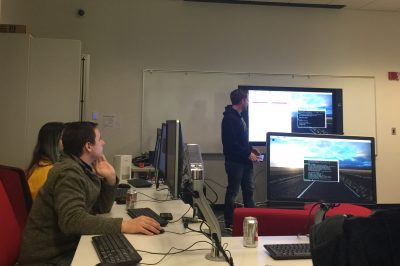
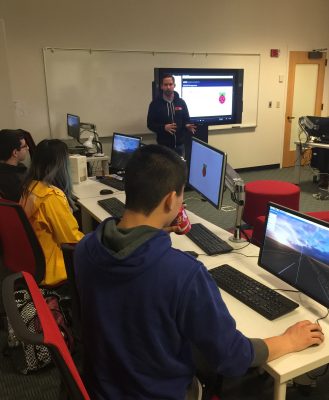 how to host and solve a web server using the technology.
how to host and solve a web server using the technology.